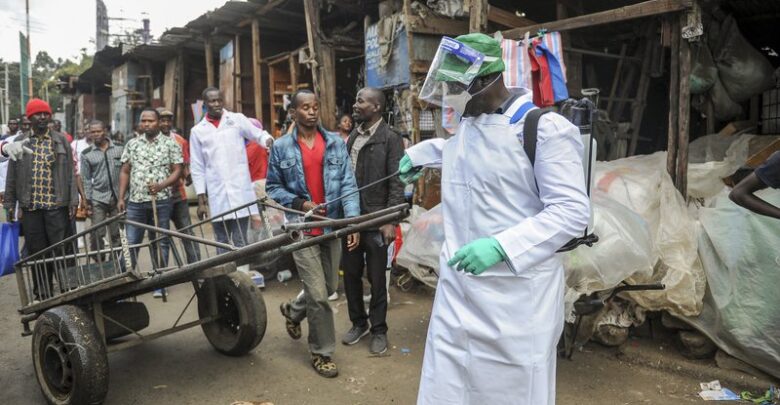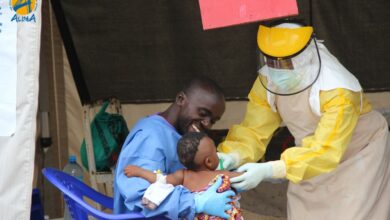Health
WHO Warns Some African Countries Heading For Peak In Coronavirus Cases

The World Health Organization (WHO) officials on Thursday warned that some African countries could see a peak in coronavirus cases in the coming weeks, and urged for an immediate increase in testing in the region, reported Reuters.
During a media teleconference on Thursday, Michel Yao, the WHO Africa programme manager for emergency response, said considering the increase in number of coronavirus cases in the last few days in Africa, it is likely that some African countries could see a spike in numbers.
“During the last four days we can see that the numbers have already doubled,” Yao said.
“If the trend continues, and also learning from what happened in China and in Europe, some countries may face a huge peak very soon,” he said.
Yao added the increase in cases could be reported in the coming weeks but without naming countries.
According to a Reuters tally based on government statements and WHO data, the number of people infected with the novel corona virus in Africa has been relatively low so far – with nearly 11,000 cases and 562 deaths. Notably, many African governments have also responded to the threat by banning large gatherings and flights and, in some cases, locking down large cities.
The WHO’s Africa head, Matshidiso Moeti, said there is an immediate need to increase the Covid-19 testing capacity beyond major capital cities in Africa, as the virus spreads through countries.
WHO Director-General Tedros Adhanom Ghebreyesus said in the absence of help and action now, poor countries and vulnerable communities could suffer massive devastation.
“The infection numbers in Africa are relatively small now, but they are growing fast,” Tedros said.
Although Africa accounts for a small portion of global cases of the disease, its countries have already begun to feel the economic pinch.
In a report published on Thursday, the World Bank said the coronavirus pandemic is expected to push sub-Saharan Africa into recession in 2020 for the first time in 25 years.






